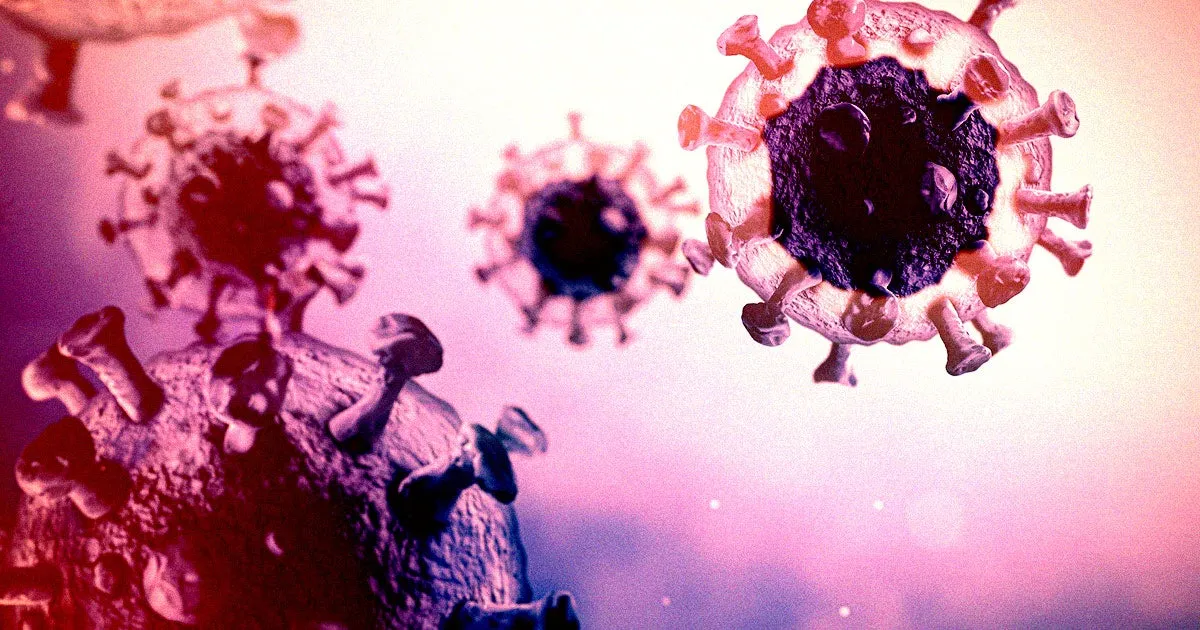
In a significant advancement towards a potential cure for HIV, researchers at the Peter Doherty Institute for Infection and Immunity in Melbourne have developed a groundbreaking technique that makes the HIV virus visible. This innovative approach could lay the foundation for new methods to eliminate the virus from the human body, as reported by The Guardian.
According to a paper published in the journal Nature Communications, the research team has successfully created a way to deliver messenger RNA (mRNA) into cells. This method involves enveloping the hidden HIV virus in lipid nanoparticles (LNPs), which are specially formulated fat bubbles. The genetic material then instructs the cells to reveal the virus, enabling targeted intervention.
Paula Cevaal, a research fellow at the Doherty Institute, explained that it was previously deemed impossible to deliver mRNA into white blood cells infected with HIV. However, the introduction of a new type of lipid nanoparticle, referred to as LNP X, has made it feasible for these cells to accept the mRNA. Cevaal expressed optimism, stating, "Our hope is that this new nanoparticle design could be a new pathway to an HIV cure."
The human immunodeficiency virus is a formidable adversary that targets the body’s immune system and can progress to AIDS if left untreated. Despite decades of intensive research, an effective cure for HIV remains elusive. While a handful of patients have achieved a complete cure, current treatment regimens are complex and costly. In the United States, the number of individuals living with HIV has decreased since 2018, yet over 39,000 new cases were reported in 2023.
The findings from this research were so unexpected that the team initially struggled to believe their results. Cevaal recounted the moment of discovery: "We were overwhelmed by how much of a night and day difference it was — from not working before, and then all of a sudden it was working." This reaction highlights the transformative potential of the new technique.
While this development is encouraging, scientists still face the challenge of determining whether revealing the hidden virus will stimulate the body’s immune system to address it effectively. Additionally, researchers are exploring possibilities to integrate their findings with other gene therapies to create a comprehensive HIV cure.
Before this innovative technique can be applied in human subjects, it must undergo rigorous testing, including animal experiments and human safety trials. This lengthy process could span several years. Cevaal remains grounded about the prospects, acknowledging, "In the field of biomedicine, many things eventually don’t make it into the clinic — that is the unfortunate truth." Nevertheless, she emphasized the unprecedented nature of their results in the context of HIV research, expressing hope that the promising response observed could translate to animal models and eventually to human applications.
The implications of the researchers’ LNP-based mRNA delivery method extend beyond HIV. The team envisions applying this technology to combat other diseases, including specific types of cancer. As this research progresses, it could herald a new era of treatment strategies that leverage the power of mRNA to address a variety of health challenges.
For more information on HIV and related treatments, consider exploring the ongoing discussions around the impacts of anti-HIV drugs and the efforts by various groups to influence healthcare policies.